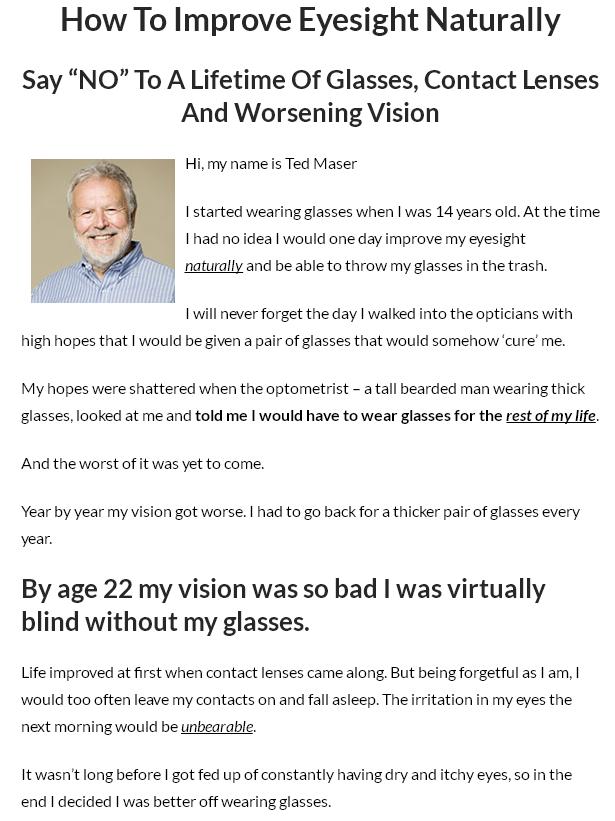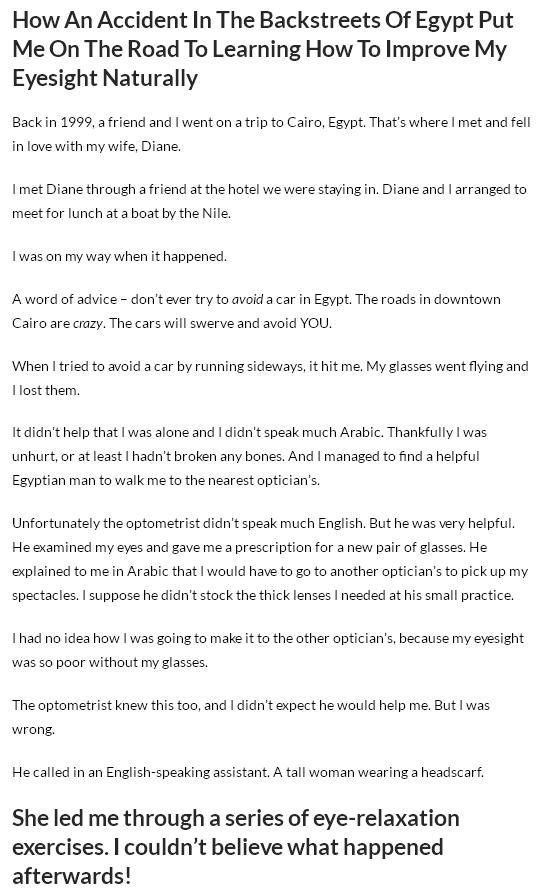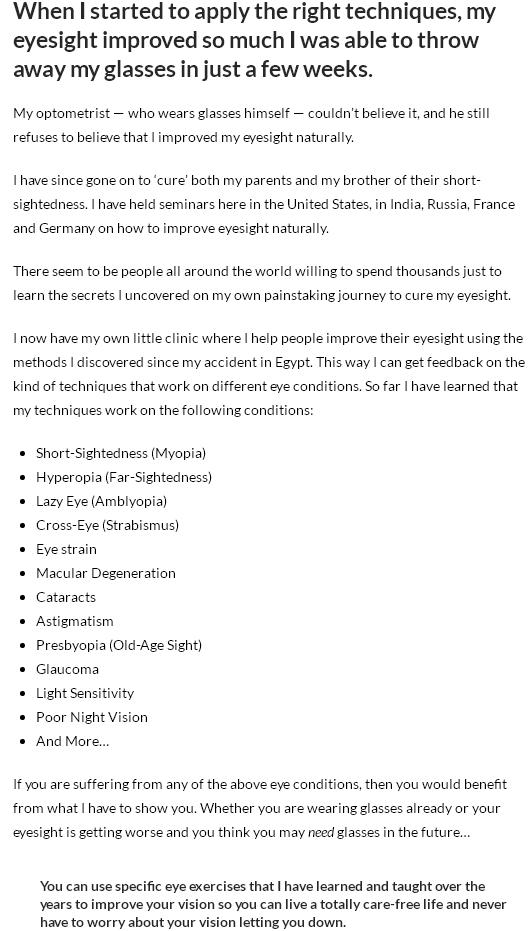TORONTO – Pat Sedgwick awoke earlier than usual on an August morning last summer to a rolling curtain of black dots blocking the vision of her right eye.
A 79-year-old from Toronto, Sedgwick had been anticipating a rare day of complete solitude in her P.E.I cottage. But that’s not the way the day unfolded.
“It was frightening,” she recalls.
“I couldn’t identify what I was seeing. I was just seeing a very mixed-up kaleidoscope. And there were round little circles and they’d go up and down and then they’d go away.”
Sedgwick called her daughter, who assured her it was merely a symptom of aging, or a result of the cataract surgery Sedgwick underwent three years earlier. Sedgwick didn’t mention the little intermittent dots.
But as a precaution, her neighbour drove her to the hospital, where she was informed her retina had detached. It’s an ailment that, if not treated in time, can result in complete blindness in the affected eye.
Dr. Netan Choudhry, director of vitreoretinal surgery at Toronto’s Herzig Eye Institute, says retinal detachment affects less than one per cent of people.
That figure rises to three per cent if people live to be 85 or older, according to a 2008 British Medical Journal study. The condition is more common in those with severe short-sightedness, people who have had cataracts removed, or those who are diabetic, as Sedgwick is.
Despite the low prevalence, Choudhry says a detached retina remains a “complicated condition” with only one right course of action: Seek immediate medical attention, ideally from an eye specialist.
“Retinal detachment is an emergency, and should you delay, it could result in a poorer prognosis in the treatment…. Invariably, time is often of the essence,” he says.
The retina is a layer at the back of the eyeball which contains photoreceptor cells. They receive light and convert it into signals that the brain processes as vision.
“The retina functions like a camera film, and basically it’s the reason we’re able to have sight,” Choudhry explains.
When it detaches — through aging, trauma or a pre-existing retinal condition — the gel that sits in front of the retina breaks down and separates, pulling on the retina and eventually peeling it away. Once it does, the gel can get underneath the retina and cause a complete separation of the retina from the back of the eye.
When that happens, people can suffer sudden loss of vision, the appearance of flashing lights, thunderbolts, or floaters — tiny spots in vision, which are often blood cells that have dispersed in the eye — or a big dark shape blocking part of the vision from the affected eye.
Choudhry says there is almost never pain associated with the detachment, unless it occurs as a result of a trauma.
Reattaching a retina now carries a success rate of 80 to 95 per cent, depending on the level of scarring and how long it’s been detached, Choudhry says. There are many operations available to try and reattach it, most commonly the injection of gas or silicone to absorb the gel that caused the separation.
But all the procedures aim to do the same thing, which is to seal up the tear, and they need to happen quickly before the macula detaches as well. The macula, located in the middle of the retina, is the part responsible for central and high-quality vision. Once it detaches, the chance of restoring vision is much lower.
Even if the macula remains attached, surgery must happen within 72 hours. That’s because those photoreceptor cells that convert light into signals for the brain lose access to oxygen when the retina detaches, and they start to die. While there is ongoing research aimed at finding ways to protect these cells in the event of retinal detachment, the medicine is not there yet, Choudhry says.
“If the macula is attached, then you have a huge potential for recovery, because that central portion of vision is still good, so you better get going quickly,” says Dr. Guillermo Rocha, an ophthalmologist based out of Brandon, Man.
Prevention is the only true tool against retinal detachment, with at least annual visits to your eye doctor. Once it happens, though, there are no home remedies or steps you can take to mitigate the damage. You need to get to medical care.
Rocha, the lone full-time ophthalmologist in the Prairie Mountain Health Region, knows how difficult it can be to access that necessary immediate treatment. He’s had patients who have been unwilling to make trips in for care because of distance or bad weather.
“Honestly, I don’t accept that,” says Rocha. “I don’t care if you have to take a bus, but you have to do it if you want to preserve your vision.”
He says that for retinal detachments among rural citizens, awareness of the urgency of the situation — and who to see about it — is even more crucial.
“Some might go to emergency, they wait for four hours, and already they’ve lost time just waiting,” says Rocha. “The sequence of events should be to see an ophthalmologist immediately.”
The good news, says Rocha, is that the field has advanced significantly, even over the two decades he’s been practising. Once thought impossible to repair, laser technologies and developments in treatments have given surgeons and ophthalmologist more tools to work with.
“Retina surgery is a bit like neurosurgery, in the sense that I remember when I first went into medical school, they would say, once they opened the skull, that’s it for the brain, there’s no success,” he says. “Slowly, obviously, we’ve seen that’s not the case. It’s the same with retinas.”
And in the more remote areas of northern Alberta and Manitoba, telemedicine has become part of the process. Rocha says using video conferencing to diagnose conditions and identify whether or not a person needs to be flown to an urban centre for care cuts down on critical travel time.
For her part, Sedgwick was unable to get the surgery she required in P.E.I. and so had to be driven to Halifax, where she had one procedure. She had a second clean-up surgery after her return home to Toronto.
Her recovery has been steady, and she now says that her vision is much improved. She acknowledges that she’s fortunate, given her circumstances, but knowsshe’s at higher risk of having a repeat episode, especially in the other eye.
“They can’t promise (it won’t happen again),” she says.
But she added, laughing: “I can promise one thing — if I see a black dot I’m going to go immediately. I’m not fooling around anymore.”



